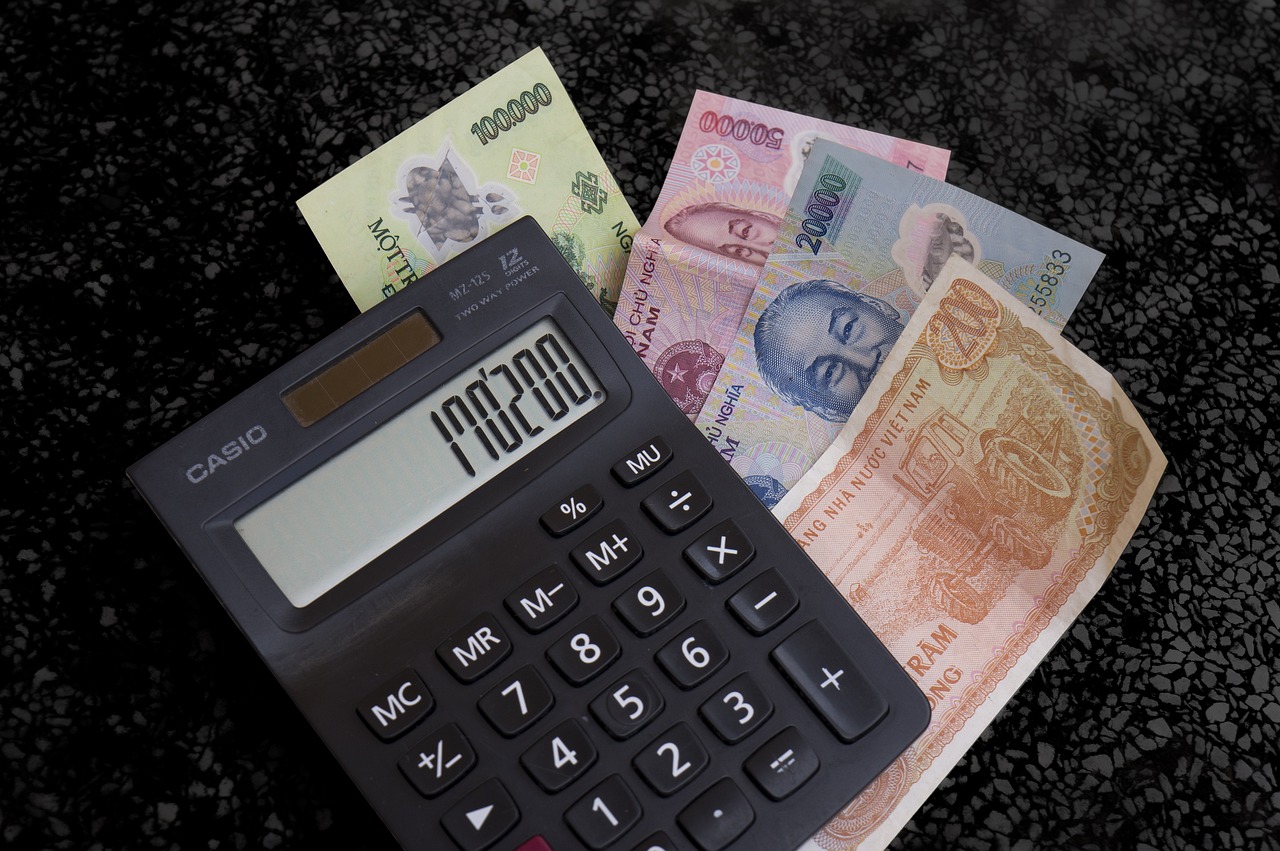Unlocking the Mysteries of Money Transfers: 5 Questions Answered for Savvy Senders
GPT_Global - 2024-05-20 09:30:09.0 615
Can I cancel a money transfer to someone after it has been sent?
If you have ever sent money to someone through a remittance business, you may wonder if there is a way to cancel the transfer after it has been sent. The answer to this question depends on several factors.
If you are sending money domestically, it is unlikely that you will be able to cancel the transaction once it has been completed. This is because most remittance businesses work with quick transfer times, meaning the recipient will have access to the funds almost immediately. Once the transfer is complete, there is no way to reverse or cancel it.
However, if you are sending money internationally, there may be a chance to cancel the transfer. Some remittance businesses offer a cancellation option within a certain time frame after the transfer has been initiated. This often comes with a fee, and the amount of time you have to cancel varies by company.
If you have mistakenly sent money to the wrong recipient, your best course of action is to contact the remittance business as soon as possible. They may be able to stop the transfer before it is completed. If the transfer has already been completed, you can ask the recipient to return the funds or contact the remittance business to see if they can assist in recovering the money.
It is important to always double check the recipient’s information before completing a money transfer to avoid any cancellation issues. If you are unsure about the transfer or have any concerns, it is best to contact the remittance business directly for assistance.

Can I send money to someone without them having a bank account?
Sending money to someone without a bank account may seem like a daunting task, but with the rise of remittance businesses, it has become easier than ever before. Remittance businesses specialize in transferring money from one location to another, making it possible for people to send money to loved ones who don't have access to traditional banking systems.
If you need to send money to someone without a bank account, here are a few options you can consider:
1. Cash pickup: Many remittance businesses offer the option of cash pickup at their designated partner locations. This means that your recipient can simply go to a specific location and collect the cash that you have sent, without needing a bank account.
2. Mobile money transfer: In countries where mobile money services are prevalent, remittance businesses offer the option of transferring money directly to a recipient's mobile wallet. This allows them to access the funds through their phone, without the need for a bank account.
3. Prepaid debit cards: Some remittance businesses offer prepaid debit cards that can be loaded with the funds you want to send. These cards can then be used by your recipient to withdraw cash or make purchases, without the need for a bank account.
Sending money without a bank account is not only possible, but it is also becoming more convenient and accessible thanks to the growth of remittance businesses. Before choosing a remittance service, make sure to compare fees and exchange rates to get the best deal. And always remember to only send money through reputable and secure channels.
What is the best way to send a large sum of money to someone?
Remittance is the process of sending money from one person to another, typically from a sender in one country to a receiver in another. It is essential for people who live and work in different countries, as well as for businesses that need to make international payments. When it comes to sending a large sum of money, it is important to choose the best method to ensure the safety and efficiency of the transaction. One of the most popular methods of sending large sums of money is through a bank wire transfer. This involves transferring funds directly from one bank account to another. It is a secure way to send money, as banks have strict security measures in place to protect their customers' funds. However, this method can be costly as banks often charge high fees for wire transfers. Another option is to use a remittance service or money transfer company. These services specialize in international money transfers and offer competitive exchange rates and lower fees than traditional banks. They also often provide faster transfer times, making them a convenient choice for urgent transfers. For those sending money to a country that does not have a strong banking system, using a mobile wallet may be a viable option. Mobile wallets allow individuals to store and transfer money digitally, making it easy to send and receive funds even in areas without access to traditional banks. However, it is important to research the credibility and reliability of the specific mobile wallet before using it for large sums of money. Some people may also opt to use online payment platforms such as PayPal, Venmo, or Skrill to send large sums of money. These platforms are quick and convenient, but they often charge higher fees and may have limitations on the amount of money that can be transferred at once. When choosing the best way to send a large sum of money, it is crucial to consider factors such as speed, cost, and security. It is advisable to compare different options and choose the one that best suits your needs. It is also important to always double-check the accuracy of the recipient's information to avoid any delays or issues with the transfer. In conclusion, there are several options available for sending a large sum of money to someone. Each method has its own advantages and disadvantages, so it is important to carefully consider which one will work best for your specific situation. Ultimately, the most important thing is to ensure the safety and efficiency of the transaction to give the sender peace of mind.Are there any tax implications for sending money to someone?
When it comes to sending money to someone, one of the main concerns that may come to mind is whether there will be any tax implications involved. As a remittance business, it is important to understand the tax implications related to international money transfers.
The good news is that in most cases, sending money to someone does not result in any tax consequences for the sender or the recipient. This is because money transfers are typically considered to be gifts, and gifts are generally not taxable under most tax laws.
However, there are some exceptions to this rule. For example, if the amount being transferred exceeds a certain threshold, it may be subject to gift taxes. In the United States, this threshold is currently set at $15,000 per year, meaning that any amount over this limit may be subject to gift taxes.
In addition, if the money is being sent for business purposes, it may be considered as income and could be subject to income tax. This is why it is important for both parties involved in the money transfer to keep records and documentation of the transaction for tax purposes.
If you are unsure about the tax implications of a specific money transfer, it is always best to consult with a tax professional for guidance. They can help ensure that you are complying with all tax laws and regulations related to international money transfers.
Do I need to verify my identity when sending money to someone?
If you are using a remittance business to send money to someone, you may be wondering whether you need to verify your identity. The answer is yes, most remittance businesses require you to verify your identity before you can send money.
This is because remittance businesses are subject to government regulations and laws, which aim to prevent money laundering and fraud. By verifying your identity, remittance businesses can ensure that the money being sent is legitimate and not coming from illegal activities.
There are various ways to verify your identity when sending money through a remittance business. Some businesses may require you to provide a government-issued ID, such as a driver's license or passport. Others may ask for additional information and documentation, such as proof of address or proof of income.
While it may seem like an inconvenience to verify your identity, it is necessary for the safety and security of both the sender and receiver. It also helps to protect the integrity of the remittance business and maintains trust with their customers.
In some cases, you may be able to send a limited amount of money without verifying your identity, but this will vary depending on the remittance business and the amount being sent. However, keep in mind that if you frequently use a remittance business, you will likely need to verify your identity at some point.
In conclusion, it is important to verify your identity when sending money through a remittance business. This not only ensures compliance with regulations but also protects against potential fraudulent activities. Make sure to have all necessary documentation ready to facilitate the verification process and ensure a smooth and secure transaction.
About Panda Remit
Panda Remit is committed to providing global users with more convenient, safe, reliable, and affordable online cross-border remittance services。
International remittance services from more than 30 countries/regions around the world are now available: including Japan, Hong Kong, Europe, the United States, Australia, and other markets, and are recognized and trusted by millions of users around the world.
Visit Panda Remit Official Website or Download PandaRemit App, to learn more about remittance info.



